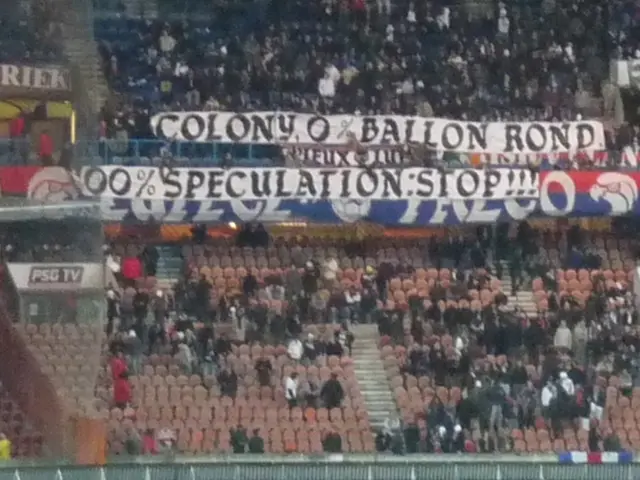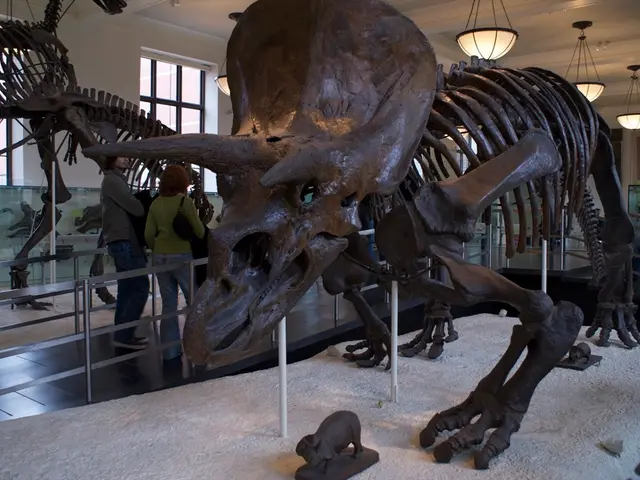Cameroon Presidential Election 2025: The Contenders After Elecam Disqualifies Maurice Kamto
In the upcoming presidential election in Cameroon, scheduled for October 12, several candidates are vying for the top position. Among them are Akere Tabeng Muna, Joshua Osih, and Cabral Libii.
Akere Tabeng Muna, a lawyer by training, has had an impressive career in politics. He served as a member of the independent High-Level Audit Panel of the African Union for 2007-2008 and was later elected to the Panel of Eminent Persons to oversee the African Peer Review Mechanism in January 2010. Muna also held the position of President of the Cameroon Bar Association and was the founder and former President of Transparency International (TI) Cameroon. In the 2018 elections, Muna ran for President and later formed a coalition with another candidate, eventually withdrawing his candidacy in favour of the latter.
Joshua Osih, born on December 9, 1968, in the South West region of Cameroon, has held various leadership positions within the Social Democratic Front (SDF) party. He served as regional chairman, 2nd Vice Chairman, and 1st Vice Chairman. In the 2018 Extra-ordinary convention of the party, he was selected as the presidential candidate for SDF.
Cabral Libii, born on March 29, 1980, in Ekoamaen, Central Region, Cameroon, is another presidential candidate in the race. He declared his candidacy in 2017 and is running under the Cameroon Party for National Reconciliation (PCRN) in the October 12 election. Libii launched a campaign called "11 Million Registered Voters."
Notably, Paul Biya, the current president of Cameroon, born on 13 February 1933 in Mvomeka'a, South region of Cameroon, has been in power for the past 43 years, since 6 November, 1982.
In this election, Cabral Libii has consistently rejected the Cameroonian Electoral Code that allows Paul Biya to run again for president. The main opposition candidate, Maurice Kamto, and his party Manidem were excluded from the presidential race due to alleged violations of the rule against multiple candidacies. No alternative unified opposition candidate has been presented to challenge incumbent Paul Biya, and internal rivalries have hindered opposition coordination.
A dispute between Libii and the president of the "Univers" party led to his departure from the party. In the 2018 election, Libii received 6.28% of the votes, placing him in the third position. Akere Tabeng Muna is a presidential candidate for the Univers party.
As the election approaches, the political landscape in Cameroon continues to evolve, with candidates and parties working to secure the votes of the Cameroonian people. The outcome of this election will undoubtedly shape the future of Cameroon for years to come.








